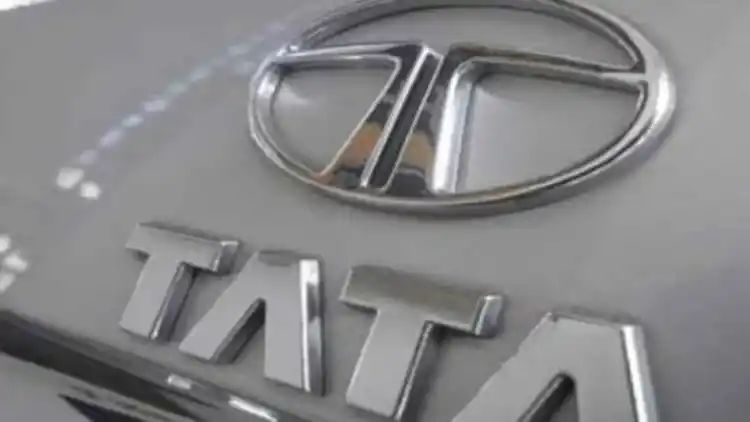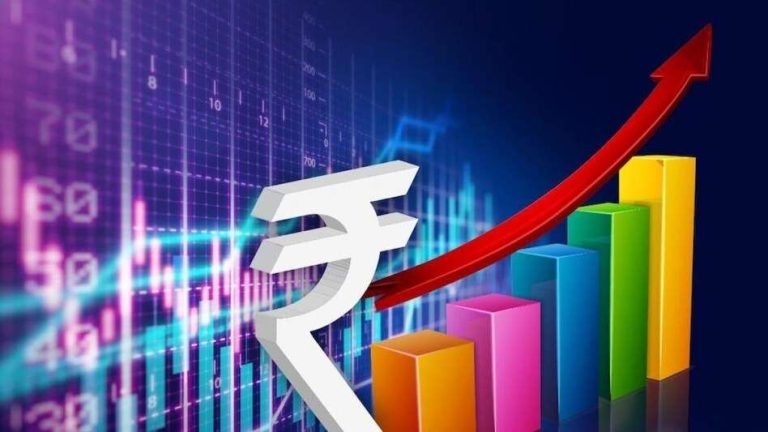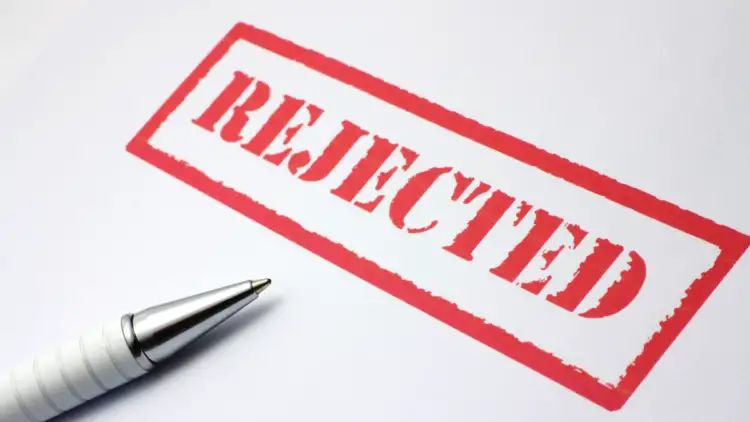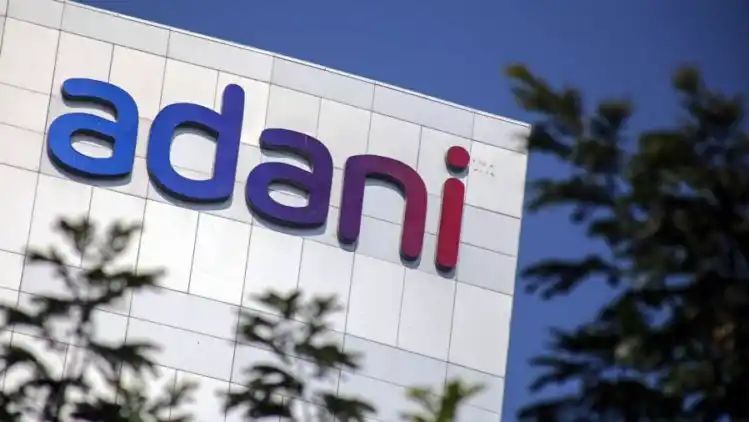RBI Hikes Limit For Tax Payments Via UPI From Rs 1 lakh to Rs 5 lakh
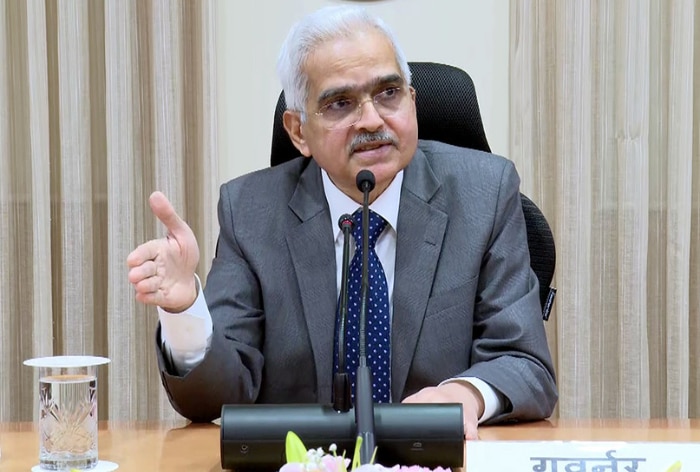
RBI Monetary Policy: Governor Shaktikanta Das announced to enhance the limit for tax payments through UPI from ₹1 lakh to ₹5 lakh per transaction to ease payments for consumers through UPI. While declaring the monetary policy statement,RBI Governor Shaktikanta Das also enhanced the limit of tax payments through UPI (Unified Payments Interface).
RBI Governor said, “Currently the transaction limit for UPI is ₹one lakh except for certain category of payments which have higher transaction limit. It has now been decided to enhance the limit for tax payments through UPI from ₹1 lakh to ₹5 lakh per transaction. It will further ease payments for consumers through UPI.”
RBI in Dec 2023 had increased the transaction limit for UPI payments to hospitals and educational institutions to ₹5 lakh. This limit was earlier Rs. 1 Lakh.
Clearing Time For Cheques To Few Hours
The Reserve Bank of India (RBI)-led Monetary Policy Committee (MPC) on Thursday, August 8, announced a major change in the cheque-clearing process. He proposed a new initiative to reduce the cheque-clearing time from up to two days to a few hours.
“Cheque Truncation System (CTS) currently processes cheques with a clearing cycle of up to two working days. To improve the efficiency of cheque clearing and reduce settlement risk for participants, and enhance customer experience, it is proposed to transition CTS from the current approach of batch processing to a continuous clearing with ‘on-realization-settlement’. Cheques will be scanned, presented, and passed in a few hours and continuously during business hours. The clearing cycle will reduce from the present T+1 days to a few hours,” said Governor Das.
RBI On Delegated Payments
The RBI governor also introduced a facility of delegated payments through UPI. A facility of delegated payments will enable an individual, i.e., a primary user, to allow another individual, namely a secondary user, to make UPI transaction up to a limit to be set by the primary user from the primary user’s bank account without the need for he secondary user to have a separate bank account linked to UPI. Das added ”This would further deepen the reach and usage of digital payments, in particular UPI.”
